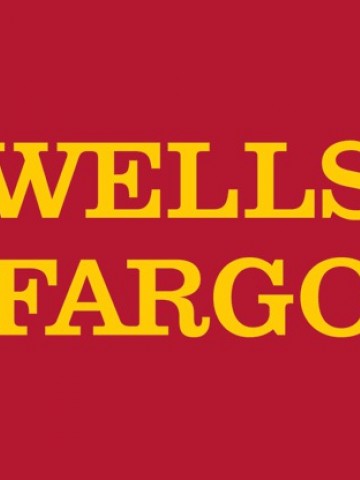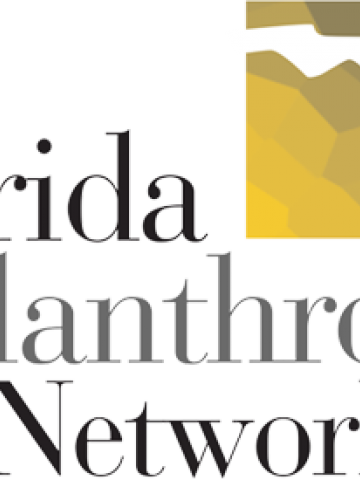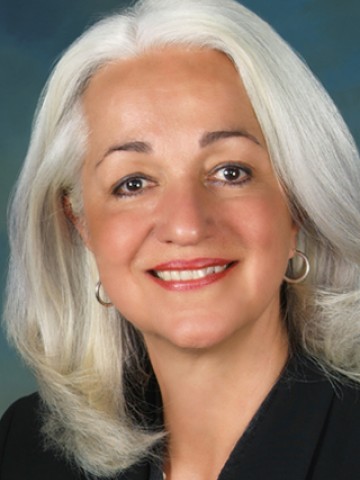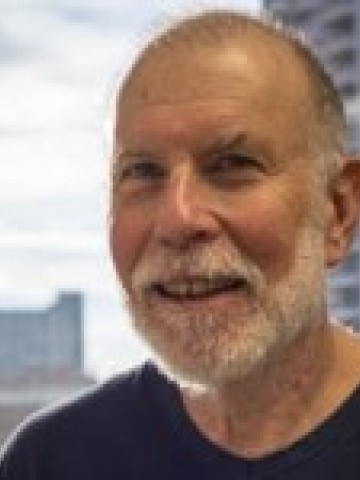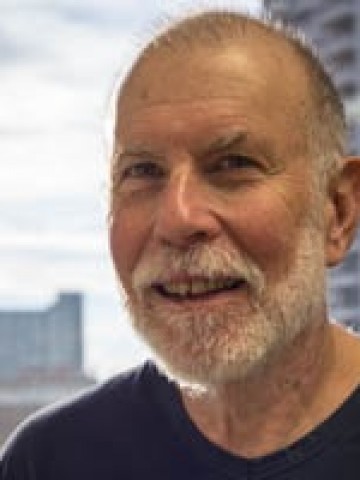Wells Fargo & Company has announced a $300,000 donation to the OneOrlando fund, set up by the City of Orlando to address the needs of victims and the community in the wake of the Pulse nightclub shooting that killed 49 and wounded more than 50 people early Sunday morning. The OneOrlando Fund will be administered by the Central Florida Foundation, which will guide funds to nonprofits to support the victims and families of this tragedy, as well to the LGBTQ, Hispanic, faith, and other affected communities. Funds will also be directed to other needs that may arise but cannot yet be anticipated.
Filter results by:
